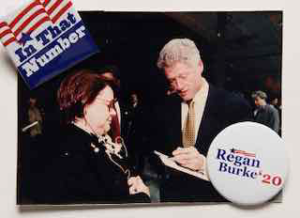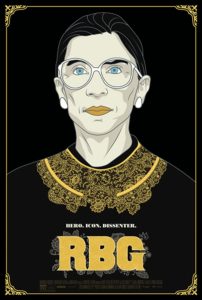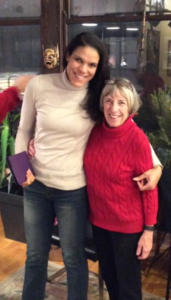The good news is that our visit to see our son Gus, though delayed a day by weather, took place yesterday at his group home in Watertown, Wisconsin. We stayed distant, sitting on the deck behind the house, but it was good to see him in the flesh, not on Zoom, and to hear him in person, instead of through tinny computer speakers. It was a lovely, sunny day and we sat on the deck and just chilled.
The bad news? In this year that knows no rock bottom, when things can somehow always get worse, they have gotten worse.

Gus’ current home is a duplex. Each side houses four residents in their own rooms, with its own kitchen. Gus lives in the left side.
Last week, we got an ominous email from Bethesda Lutheran Communities, the operator of Gus’ home, inviting us to a town hall call regarding the future of Bethesda’s services in Wisconsin.
I couldn’t make the town hall because I had a work Zoom, so Beth jumped on the call. When I got off my call I’d forgotten Beth was on the Bethesda call. Maybe intentionally. I looked in on her office and said something about my call—and she said, “Aren’t you going to ask how the Bethesda call went?”
I looked at her face. Beth is as even keeled and resilient as anyone I’ve known, as you all probably know. The color was gone from her face.
She choked out this sentence: “Bethesda is closing all its group homes in Wisconsin.”
Gut punched. Kicked in the groin. Cold cocked. I, yes I, was speechless.
Then we were sad. For ourselves, to be sure. We’d hoped Gus would be a lifer with Bethesda, which has cared for him since 2002. And looking for a new home will be a daunting task. But just as sad for the 90 odd other residents of Bethesda’s group homes. For their families and loved ones. For the unbelievable staff who care for Gus and others who’ll lose their jobs. For Bethesda’s long, rich tradition operating residential facilities for the developmentally and intellectually disabled.
Me being me, I also am dealing with anger. Not at Bethesda. But at well-meaning people who years ago pushed the turn to community settings for housing (group homes in average neighborhoods vs. “institutional settings”) with unrealistic and illogical claims. I do not disagree with the idea that some developmentally disabled people will do better in a community setting rather than a segregated campus. Having developmentally disabled neighbors isn’t bad for the abled bodied, either. Integration is usually better than segregation.
But, folks like Gus don’t really get much benefit from it. And group homes, despite pie-in-the-sky claims from proponents, cost more to operate than the concentrated, campus setting Bethesda used to operate.
When Gus moved to Bethesda in 2002, he moved into a nearly new, one-story building that resembled a public school. He had his own room, and his unit had 16 total residents. They had a common area where they could hang out, and where meals were served.
Gus’ unit was connected to others identical to his. They were like interconnected pods. Each had 16 residents and its own staff. But staff could move between the units as necessary.
Now, one of the claims of the pro-community setting folks was that the staff to resident ratio was better. True enough. Three or four staff, as I recall, were on any single shift to take care of 16 residents. The ratio was much better in the homes.
But. Staff at the group homes run a household. That means cooking, cleaning, and other things besides caring for the residents. And if you have two people for the house and one calls in sick, well, that’s a bigger impact, and there was no borrowing people from the attached unit.
In addition, as a Bethesda executive explained to me, “We have to have an accessible van that can carry four residents in wheelchairs at every single house.” Back when Gus was on campus, I remember two or three always at the ready.
So the state ended up mandating that the campus be emptied out and residents move to group homes. But they didn’t up the state reimbursement to Bethesda and other operators. (Another provider, the Catholic St. Coletta, closed its residential service years ago.) For years, Bethesda and other providers have lobbied for that increase. It never came. They’ve been operating at losses on their group homes for many years now.
Which brings me to anger point number 2. We live in a country that saw fit to give enormous tax breaks to the likes of Google and Apple, and to billionaires. But we don’t provide federal support that would provide incremental increases that would barely be noticed.
Bit by bit, my pride in my country is being eroded by shame.
Back to us. Gus will not find himself on the street. We’re working with an agency in Wisconsin and another in Illinois to look for a new home for Gus. He may end up moving as Bethesda consolidates homes as placements are found for residents.
Beyond that, we have no answers, and have all the questions you have.
To the many of you who have donated to Bethesda over the years, thank you, thank you, thank you. We had 18 years of feeling confident and comfortable about Gus’ situation, and you were a big part of it.
I only wish it wouldn’t end.






